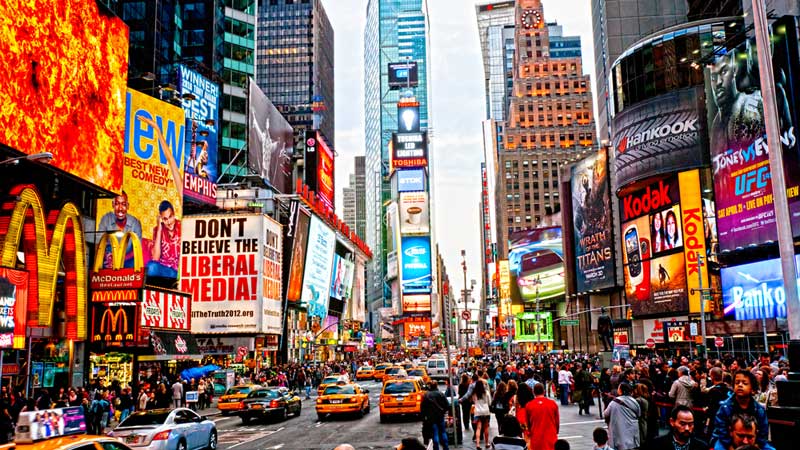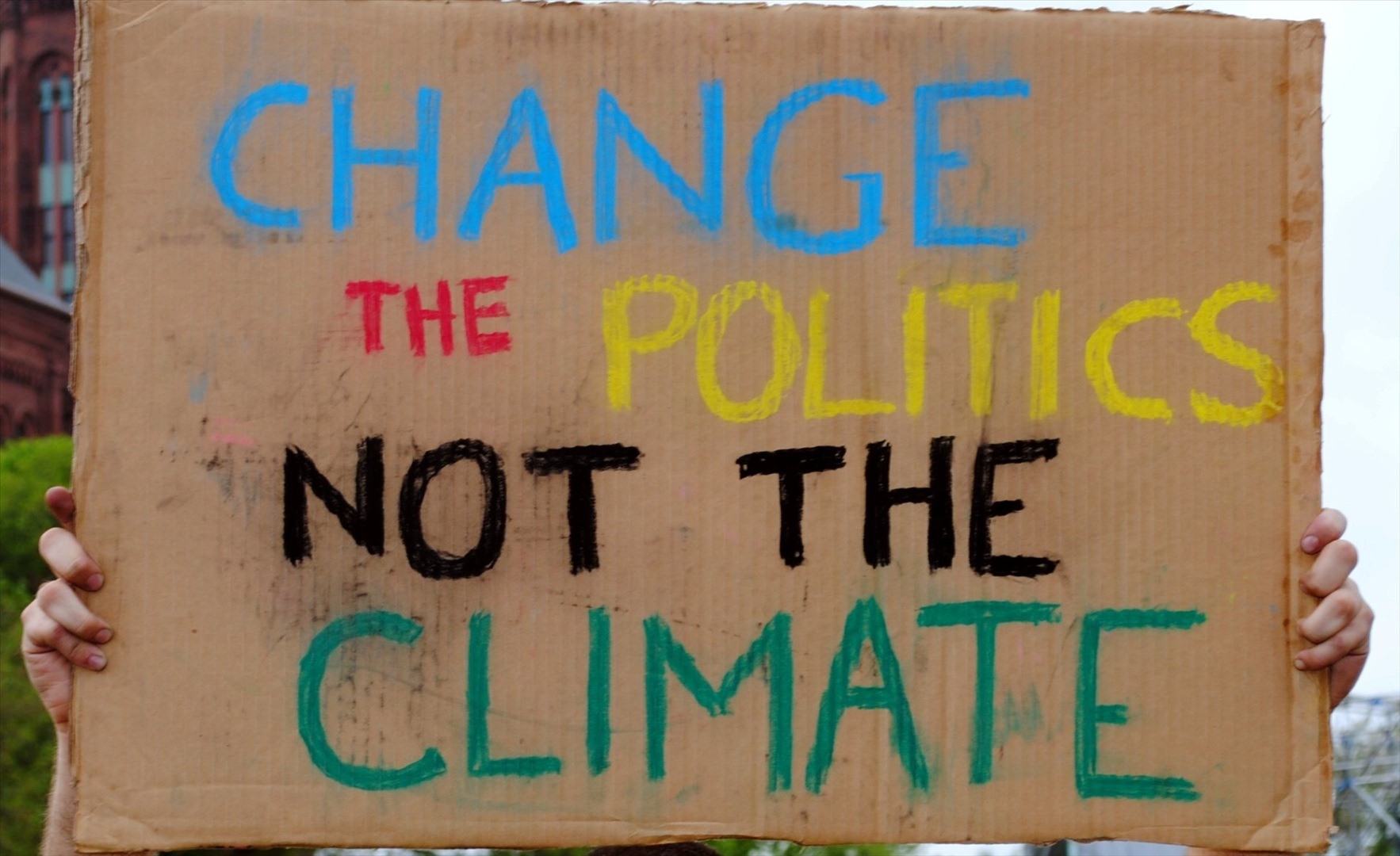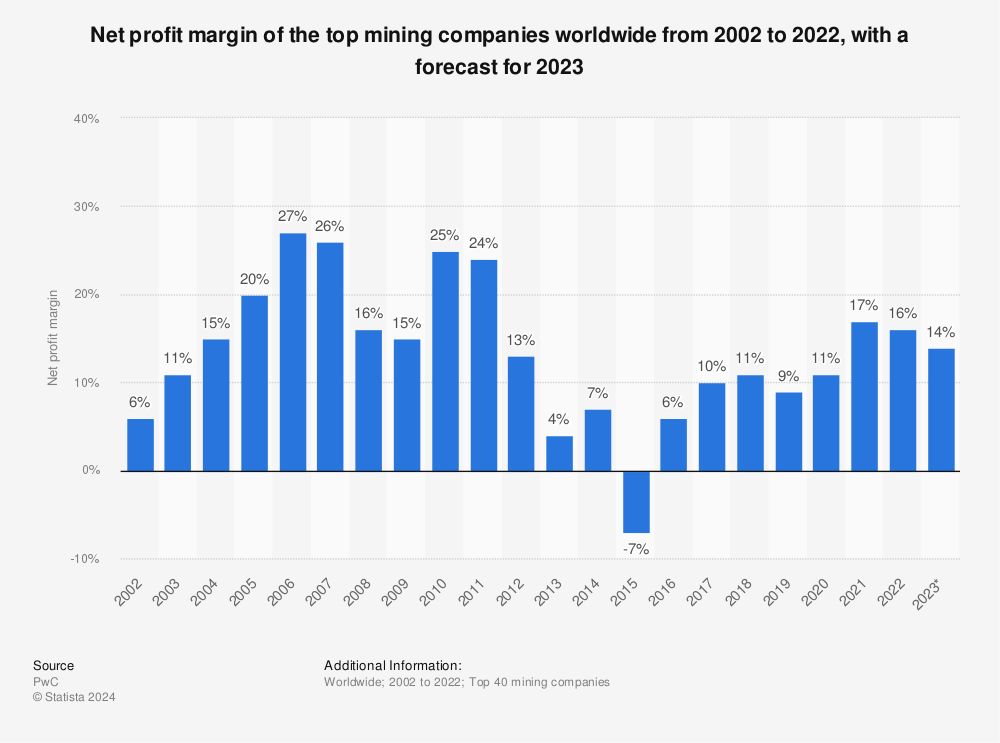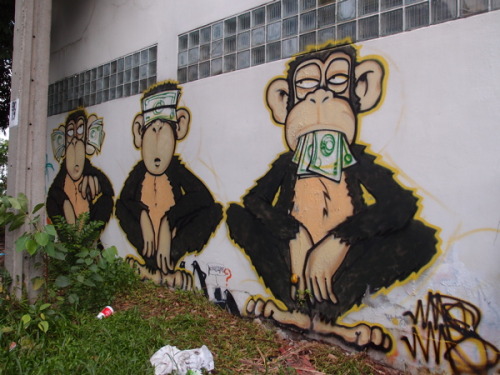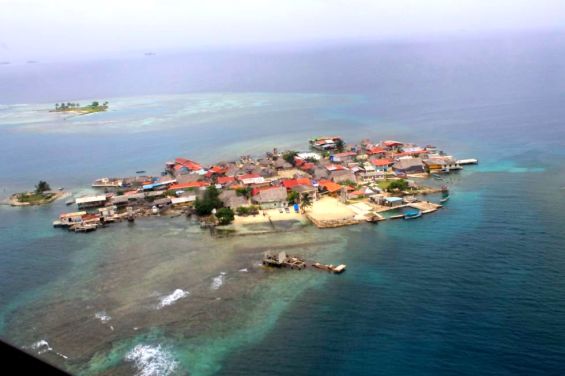It has been said
that “sustainability is an ideology, a way of thinking, a way of life. It is
not an end product; it is a vision”. There is no denying our progress toward
sustainable development. Yes, there are areas that need to be re-evaluated but
they are far from what they once were. The quest for sustainability is not one
just for conservationists, 'tree huggers', climate change believers or
activists, it is a quest for all of us to maintain the quality of life we so
flippantly enjoy now. If you have not yet grasped what a green future means,
the following video epitomises this vision and the barriers that have
conflicted this movement. In an essence, it is somewhat of a summary of my blog
to date.
My next post will continue to summarise this blog in bringing it to a close. I aim to explain the links between the conflicts discussed here and draw conclusions on whether these barriers towards a green future, having prevented us from achieving sustainability thus far, will continue to hinder our development and prevent us from achieving sustainability in our future.
